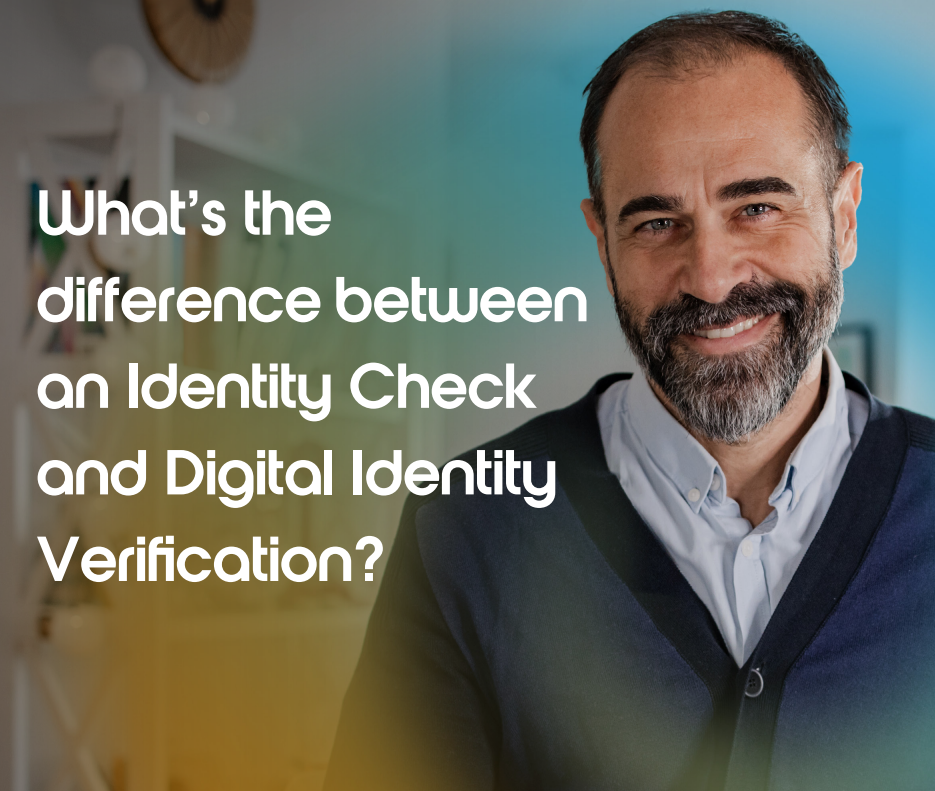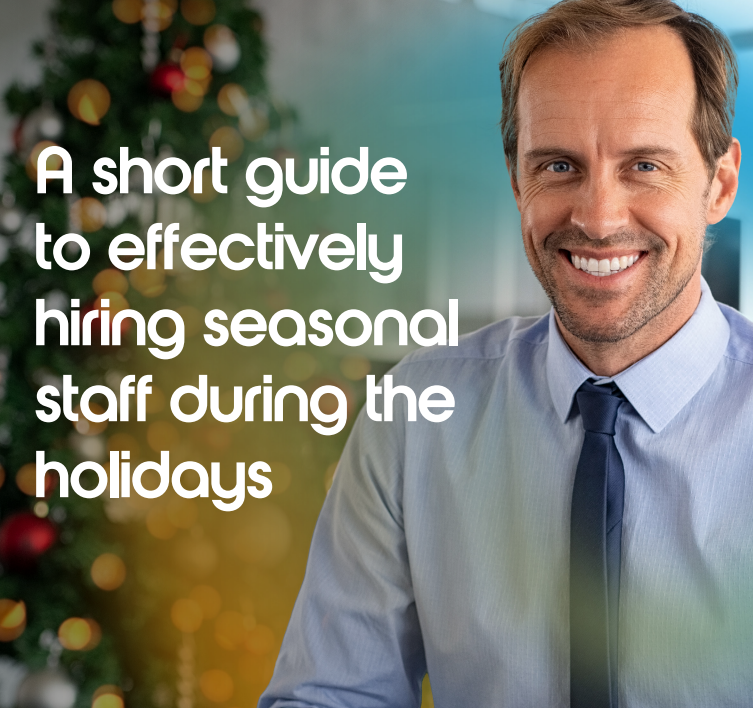Those applying for DBS Checks will need to determine if their employees and potential applicants are eligible for a check. In many instances, they’ll need to work out if their staff will be engaging in regulated activity. But what does regulated activity mean?
DBS definition & eligibility
Regulated activity refers to certain roles that applicants carry out in relation to children and vulnerable adults. It covers various types of activities which, by their nature, would entitle an individual to an Enhanced DBS Check with applicable barred lists.
An Enhanced DBS Check is the highest level of criminal record check available. It details both spent and unspent convictions, as well as any cautions, warnings or reprimands the applicant may have received.
If the applicant is engaging in regulated activity, they’ll also be eligible for barred list checks as required. There are two barred lists which contain information of people barred from working with children and vulnerable adults respectively.
The Disclosure and Barring Service (DBS) has set out eligibility guidelines which outline work that constitutes regulated activity, with regard to both children and vulnerable adults.
It’s important to note that regulated activity is different for both children and vulnerable adults. So, what does regulated activity mean for those working with these vulnerable groups?
Regulated activity: children
Regulated activity in relation to children can be split into two main categories; these include activities and places of work.
Those working in specified activities will be classed as engaging in regulated activity. Put simply, this is anyone who is teaching/training/instructing/coaching/caring for or supervising children.
Anyone who is carrying out such a role would most likely be eligible for an Enhanced DBS Check, with a children’s barred list check.
The rules also class applicants as working in regulated activity if they work in a specified establishment. These are referred to as a limited range of establishments, and include, but are not limited to:
- Schools
- Children’s homes
- Nurseries
Permanently working in these institutions would mean an applicant was engaging in regulated activity, e.g. those working as teachers, nursery nurses, or caretakers.
For those who work in these establishments sporadically, such as contractors or photographers, their eligibility for a check would be determined by the frequency of their work. To be eligible for a DBS Check they would need to work in any one of these specified places on four or more days in a 30-day period.
To confirm if your applicant is engaging in regulated activity with children, see the Department for Education guidance.
Regulated activity: vulnerable adults
Now we’ve outlined the nature of regulated activity in relation to children, what does regulated activity mean for those working with vulnerable adults?
Whether someone is working in regulated activity in relation to vulnerable adults is not necessarily determined by their place of work, but on six defined types of activity. A basic outline of these is:
- Providing personal care, for example feeding, washing and dressing
- Providing social work by assessing the need for health services and social services
- Conveying to a place of healthcare, personal care or social work
- Providing healthcare, including psychotherapy, first aid and palliative care
- Assistance with conducting an individual’s own affairs
- Assistance with general household matters
All of these activities encompass specific examples of actions/roles which would be classed as regulated activity. A comprehensive guide is available from the Department of Health.
However, the key point to remember when considering if a role is classed as regulated activity is the level and nature of contact with vulnerable adults.
The activities described above are only classed as regulated activity if they’re done as part of a commercial role e.g. paid or voluntary through an organisation.
Those helping with a vulnerable adult’s care or general household matters on a personal basis, such as their relatives or neighbours, would not be classed as engaging in regulated activity.
It’s also important to note that anyone who is responsible for the day to day management/supervision of those carrying out regulated activity is also engaging in regulated activity. Consequently, they would also be eligible for an Enhanced DBS Check with applicable barred lists.
What does regulated activity mean? A summary
As we’ve explored, regulated activity can be tricky to determine and can appear confusing, but let’s summarise the key points:
- Regulated activity refers to set activities which entitle an individual to an enhanced DBS Check, and barred list checks if applicable.
- The definition of regulated activity is set out in legislation which determines eligibility for DBS Checks.
- If you’re determining whether your applicant’s role involves regulated activity, you should consider the nature of their role and where they will be working. You should also consult government guidance.
Get in touch with us today
Any questions about regulated activity? Please don’t hesitate to get in touch with our support team.
If you’re interested in getting started with requesting your DBS Checks, register here – it takes less than five minutes!







